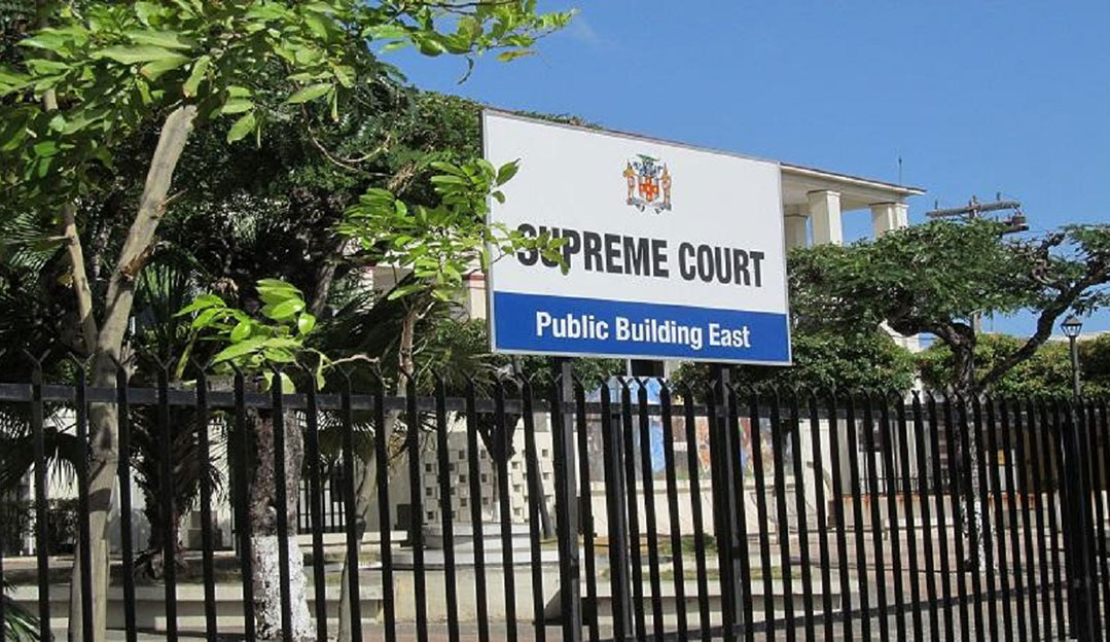JAMAICA | Court awards $4-Million for breach of businessman's constitutional rights

MONTEGO BAY, July 9, 2023 - A Montego Bay businessman who in 2020 was taken from his bed by the police and locked up under the state of emergency (SOE) for twenty days before being released without charge, has been awarded more than $4 million for breaches of his constitutional rights.
However, there is widespread concern by human rights advocates and defence attorneys that while the award was welcome, it was not enough to be used as a deterrent and to send a message to the state that citizens constitutional rights are sacrosanct and must be preserved.
The State of Emergency is used as a state policing measure that limits people’s constitutional rights by giving the security forces enhanced powers of search and arrest.
In rendering judgment in the case, high court judge, Justice Andrea Pettigrew-Collins, criticised the Government for what she said was ‘a grave misuse of state power’: “There can be no question that the manner in which the claimant was treated is the result of a grave misuse of state power,” declared Justice Andrea Pettigrew-Collins in her judgment handed down last month in businessman Kurt Mitchell’s case against the State.
Mitchell said at approximately 6 a.m. on July 1, 2020, he was awakened by his wife and realised that there were police personnel inside his home. They searched the dwelling and found nothing illegal.
Mitchell, who operates a car rental business, was arrested and several items, including a Samsung Note 8 and Apple iPhone cell phones, were taken from his residence. A BMW X6 motor car was also removed but returned a year later.
Mitchell’s licensed firearm was also taken. The gun and phones have still not been returned, said his attorney Leonard Green.
Mitchell filed the lawsuit on December 8, 2022, demanding more than $10 million in damages for false imprisonment, and that the police acted maliciously, unlawfully and without reasonable or probable cause.
The State’s sole witness, Inspector Marvin Brooks, did not appear, forcing the court to rely on Mitchell’s witness statement and cross-examination for evidence.
The Government argued that the police had reasonable or probable cause to arrest Mitchell and they acted based pursuant to Regulation 27 of the Emergency Powers Regulations, searching the man’s house and car.
It conceded at the April 2023 trial that there is no defence to the claim for false imprisonment. But it denied that there was a breach of Mitchell’s constitutional rights.
On the man’s claim for detinue , that is, an action to recover damages for wrongful detention of personal property, Justice Pettigrew-Collins ruled that there is no question that items were “wrongfully detained” but there was “no evidence” of a demand for and a refusal by the police to return the items.
The judge found that Mitchell’s constitutional right to liberty was breached, although his claim did not outline the specific right which was procedurally required.
“I do not view the failure to state specifically which rights were breached as fatal to the claim, when it is abundantly and unmistakably plain – based on the evidence put forward to support the claim – that the claimant’s right to protection of his property and his right to liberty and security of the person and the right not to be deprived of those rights have been breached,” she wrote in the 23-page judgment.
Mitchell did not get any award for aggravated damages, although he outlined that he was forced to sleep on wet and cold concrete at the Barnett Street and Freeport police stations, was severely depressed and traumatised, suffered loss and humiliation, was unable to operate his business, and lost his gun and United States visa.
The judge argued there could be no aggravated damages because Mitchell did not follow the rules in stating the grounds on which he was relying.
The court declined to make an award for exemplary damages, noting that the award of constitutional damages served the same purpose.
Mitchell asked the court for $8 million for false imprisonment. The Government suggested $1.2 million.
The judge settled on a figure of $2.4 million, pointing to the harm to the man’s reputation, his business and being forced to stay in an unsanitary prison and visited by his wife and father.
A further $2 million was awarded for breach of constitutional rights because “this court must show disapproval and condemnation of such arbitrary conduct on the part of those whose duty to citizens is to serve, protect and reassure”.
“This court is of the view that an award of damages for false imprisonment only will not suffice to express the necessary disapproval of the State acting in such a manner to deprive a citizen of his freedom to move about, spend time with family and carry on his lawful business in circumstances where he was never charged,” the judge said.
Mitchell relied heavily on the case of Roshaine Clarke, a St James taxi operator whose constitutional rights a court said were breached by his 2018 SOE detention. He was awarded $17.8 million in damages.
Legal experts argued that Clarke’s case would open the door to a tsunami of lawsuits against the State by persons who were detained under SOEs.
Human rights advocates estimated then that over 11,000 people were detained for extended periods under the SOEs since 2018.
Figures published by the Office of the Public Defender put the number of SOE detainees at more than 4,000, although the agency acknowledged that not all police divisions provided data on the number of people in their custody.
At least 20 former SOE detainees have filed cases against the State.
The Government is appealing a 2020 court ruling that the manner in which it has been using SOE, as part of ‘normal policing’, has been unconstitutional.
